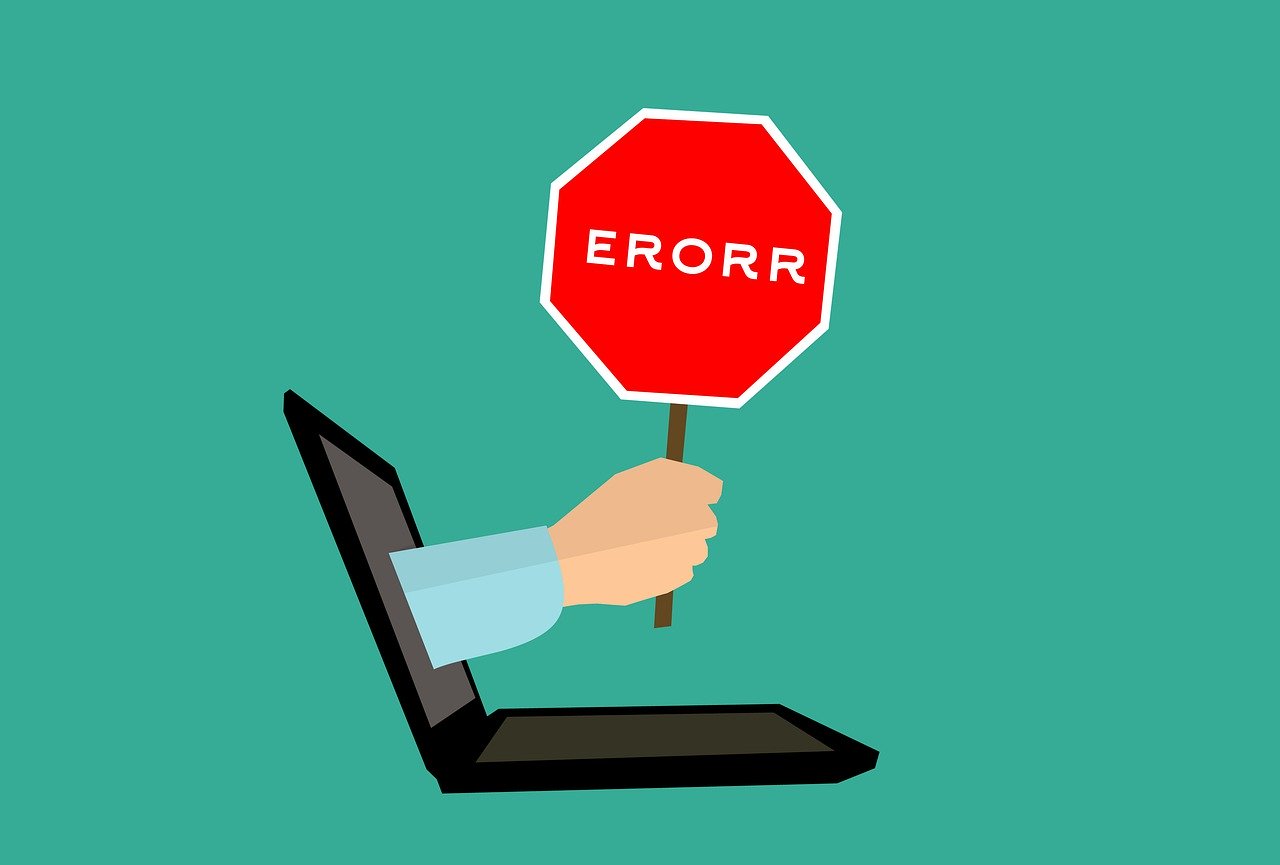What are 404 errors and what do they mean for your website?
Fri, 09 Apr 2021
The 404 Error Page (Page Not Found) is among the internet’s most recognizable errors. You certainly experienced it when you clicked on a broken link or mistyped a URL, and the website was unable to locate the page you requested. Technically speaking, a 404 is the standard status code which is displayed when a server is unable to find the required content.
As 404 errors can have a significant, negative impact on user experience and optimization of search engines (SEO), this article will explore why they occur, the impact, how you can identify them and how you can solve them.
How does a 404 error come about?
The typical trigger for a 404 message error is when content on the website has been removed or moved to a different URL. There are other reasons as well why an error message might appear including:
- The URL or its content (such as files or images) was either deleted or moved (without adjusting any internal links accordingly)
- The URL was written incorrectly (during the creation process or a redesign), linked incorrectly, or typed into the browser incorrectly
- The server responsible for the website is not running or the connection is broken
- The requested domain name can’t be converted to an IP by the domain name system (DNS)
- The entered domain name doesn’t exist (anymore)
How to fix the error 404 not found
A 404 error rarely constitutes a reason to celebrate. At the end of the day, visitors to the website did not find the content they’d been looking for. The appearance of a 404 page does not necessarily mean however that the desired information is not at all available. The solution to the original error is easily found in many cases, and the visitor can be quickly directed to the web page they originally searched for.
- Reload the page
- Check the URL
- Go back through the directory levels
- Use the website’s search function
- Use a search engine
- Delete the browser cache and cookies
- Contact the website
HTTP 404 errors can damage a website’s ranking
Search engines like Google and Bing, if it has many 404 errors, will have a negative impression of a site. Once the crawlers have established that 404 codes satisfy many requests, it presumes the site is not maintained very well. Dead links affect the ranking of a website and Google can either decrease its placement in the SERPs or even stop indexing it if there are too many 404 error pages. This can lead to a considerable reduction in website visitor numbers.
If it’s full of broken links or if the landing page is dead, the visitor loses confidence in the site. If the site experiences this problem regularly, many users won’t take the trouble to continue searching because they aren’t even sure if the content they want is still available.
POPULAR POSTS
Shopify vs. WordPress: Which one is best for e-commerce?
Wed, 07 Apr 2021Role of IoT in the Real Estate Industry
Wed, 14 Apr 2021Why UX And UI Is Important For Mobile Application Development
Sat, 01 May 2021Telemedicine's Advantages in Nursing Homes
Fri, 24 Dec 2021RECENT POSTS
Difference Between Static Website And Dynamic Website
Wed, 24 Apr 2024Flutter vs. React Native: Which One to Choose in 2024?
Mon, 22 Apr 2024Exploring the Benefits of Professional Website Design Companies
Fri, 29 Mar 2024Understanding The Role Of Web Design Firms
Fri, 22 Mar 2024









